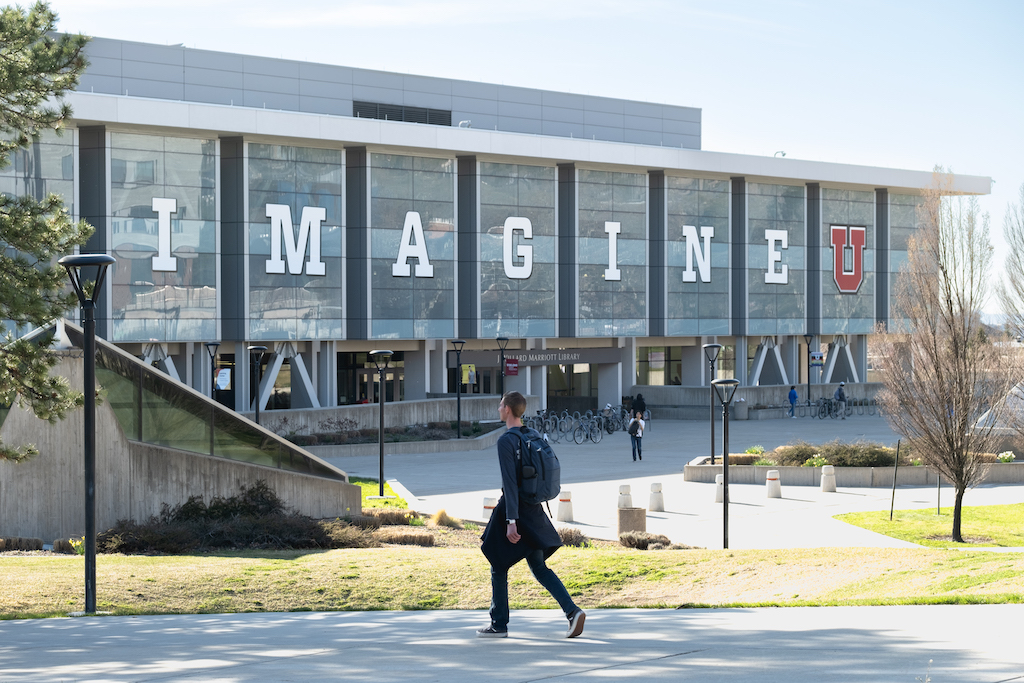
Yesterday, the team of the well-known NFT project Pudgy Penguins officially released the airdrop of the new token PENGU, debuting with an FDV of 4.4 billion dollars.
The launch encountered quite a few problems, but the supporters of the digital penguin collection still celebrated a prize of 92,000 dollars.
However, right after the airdrop, the price of Pudgy Penguins dropped by 50%.
Let’s see all the details below.
Summary
Pudgy Penguins, fourth NFT project in terms of market cap, debuted yesterday on the crypto market with its native token PENGU.
The launch of the new resource was used to celebrate the success of the digital avatar community experienced in the last 3 years.
Since the introduction of the collection of 8,888 items that represent unique and adorable penguins, the ecosystem has grown significantly, attracting extraordinary attention.
The group led by CEO Luca Netz has garnered over 50 billion views across various social media platforms, becoming entrenched in the collective imagination of virtual animation.
Consider even that at Walmart and other 10,000 stores, over 1.5 million toys of this brand have been sold.
The design of penguins, which appear cute and cuddly, has made them highly desirable as profile pictures (PFP) on various social platforms, driving significant speculative activity in the NFT market.
To recognize all the milestones achieved up to today, the Pudgy Penguins team has decided to reward its community by inaugurating PENGU.
Introducing $PENGU, the official coin of Pudgy Penguins.
Launching in 2024. Learn more below. pic.twitter.com/J715bODcM6
PENGU has a circulating supply of 62.41 billion tokens, with a maximum supply of 88.88 billion units. It was launched on the blockchain of Solana, famous for the solid trading activity in the memecoin sector.
The tokenomics of the new currency is presented as shown in the figure, with the Pudgy community enjoying 25.9% of the supply.
Other groups connected to Pudgy Penguins receive an allocation equal to 24.12%, while the initial liquidity for the crypto exchanges is met with 12.35% of PENGU tokens.
The digital penguins company is allocated 11.48%, while the NFT project team earns 17.8%, both with a one-year cliff and three years of vesting.
A sum of 4% is also allocated for charity works, 4% for marketing purposes, and 0.35% for the holders of FTT.
The airdrop of the PENGU token involved a wide range of users, with over 783,000 addresses claiming the coin. Several people involved in the NFT sector were rewarded, such as holders of the Pudgy Penguins and Lil Penguins collections.
The “Original Gangster” (OG) of the blockchain of Ethereum and Solana have also received the incentive, meaning those people who have been active for years in the respective chains.
Here is the link to check eligibility: https://claim.pudgypenguins.com
What stands out the most, however, is the allocation set aside for each individual item of the Pudgy Penguins collection, as at launch it corresponded to a monetary value of 92,000 dollars.
At the moment, the holders amount to about 394,000 addresses, highlighting that almost half of the eligible subjects sold PENGU on the first day of trading.
Curious to note how according to Dune Analytics data, 85% of current holders have less than 10,000 PENGU, or about 330 dollars.
Check your Pudgy Penguin airdrop allocation 🪂
The site is a bit buggy at the moment
Deadline: 88 days from now
Claim link:https://t.co/DXmRmmW5MM
– Connect your ethereum and phantom wallets to check
– Even Ethereum OG users are eligible
Let me know in the comments if you… https://t.co/W9gTVJ41R9 pic.twitter.com/OXI3bE4H8R
Equally interesting to observe how the value on the market of the NFT collection Pudgy Penguins has collapsed, despite the juicy prize received.
While in the last 3 months the price of such virtual penguins had skyrocketed, going from a floor price of about 10 ETH up to 35 ETH, yesterday the value dropped by 50%.
In a few hours, the users who redeemed the PENGU airdrop chose to sell the NFT en masse, reflecting its low utility in the market.
It is evident that a large portion of its previous holders had purchased it during the year solely and exclusively to be eligible for the airdrop.
Source: https://www.coingecko.com/en/nft/pudgy-penguins
PENGU was launched with a FDV of 4.4 billion dollars at a price per token of approximately 0.05 dollars.
The selling pressure was strong in the early hours of trading, enough to bring the value of the new cryptographic asset to 0.027 dollars.
Now PENGU has stabilized around 0.033 dollars, with a market cap of 2 billion dollars and an FDV of 3 billion dollars.
Since the first minutes after the launch, it has been listed by the major centralized exchanges like Bybit, Bitget, Okx, and Gate.io. The asset is also present on the DEX of the Solana blockchain, such as Raydium and Orca.
At this moment PENGU represents the 74th currency in the crypto market by market capitalization, just below Worldcoin and Floki.
All in all, we can state that the launch was a success, even considering some bugs in the claim platform and the bear price action.
Regarding the forecasts, it is possible that PENGU may suffer from a further bear push in the coming weeks.
The high valuation at launch and the limited utility of the token contribute to diluting the shares on the market, increasing its negative volatility.
In the future, it will be necessary to understand how PENGU can fit into market logic and become a useful and attractive currency in the eyes of investors.
For the moment, we do not find any particular reason to be bullish, except for the possibility of a future airdrop recognition for the token holders by the Pudgy Penguins team.
Stay updated on all the news about cryptocurrencies and the entire world of blockchain.
Let’s tell the future.
The most exclusive news on Bitcoin and cryptocurrencies, trading, fintech, and blockchain.
Stay updated on all the news about cryptocurrencies and the entire world of blockchain.
© 2023 The Crypto Economist SAGL. All rights reserved









